
Disinformation and obstacles to accessing public information are some of the challenges that journalists from Bolivia, Colombia and Mexico have faced when covering issues related to water. Reporters shared recommendations to improve coverage of the water crisis, including the use of long-term and long-form reporting.
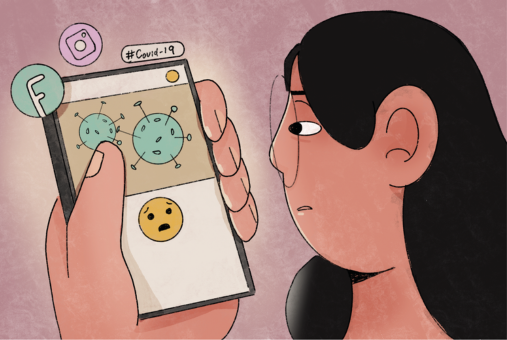
Across Bolivia, El Salvador and Peru, the spread of disinformation has disproportionately impacted marginalized communities amidst sociopolitical conflict in recent years. Local non-governmental organizations in these countries conducted information ecosystem research to understand its impacts.

Journalists selected for the first Spanish edition of the JournalismAI Academy for Small Newsrooms will seek to learn how to take advantage of artificial intelligence to optimize processes, reduce workload, improve audience engagement and strengthen sustainability. Media from 15 Latin American countries will be represented in the eight-week program.
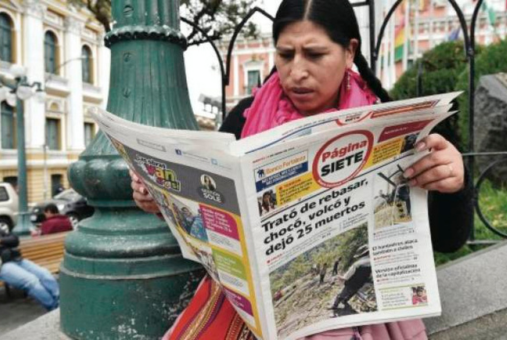
Over the course of 13 years, the daily newspaper faced the burden of political, economic, and judicial pressures, ultimately succumbing to additional shifting advertising trends and reader preferences. Its absence will leave a significant void in Bolivian media.
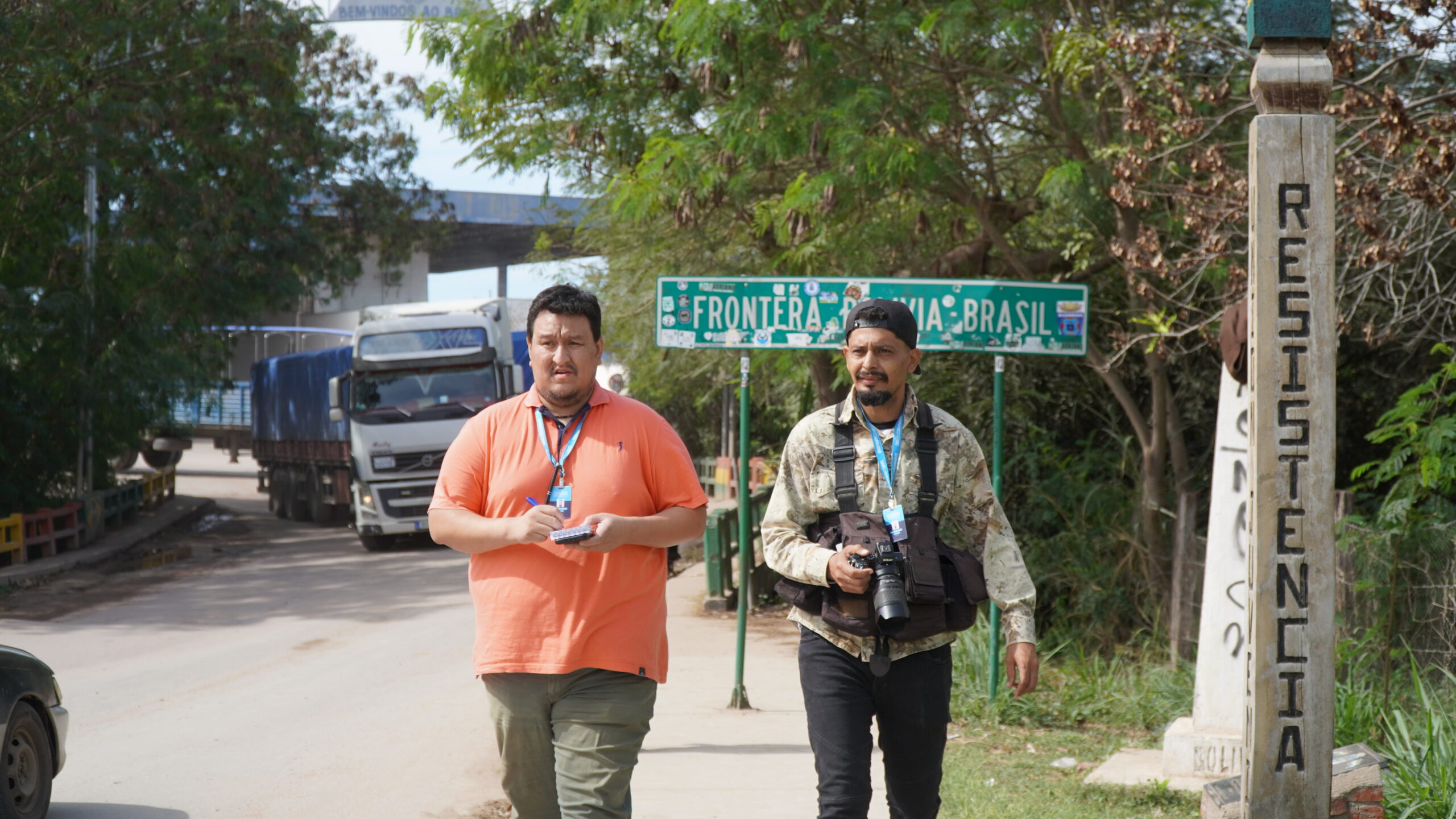
Journalists from Bolivia and Brazil talk about their collaboration while covering drug trafficking and migration on the border between the two countries. LJR also interviewed Diário Corumbaense from the Brazilian border city of Corumbá to report on the news service it provides to the inhabitants of its local community.

A project of Bolivia Verifica (Bolivia), with mentoring and support from Proyecto Desconfío (Argentina), seeks to promote dialogue, reflection and a culture of peace among Bolivian society by monitoring and verifying hate speech posts on social media aimed at vulnerable groups, and by distributing verified content through WhatsApp.

LatAm Journalism Review spoke with five journalists from the region who suffered some type of physical violence in their coverage of recent protests in Chile, Bolivia, Peru, Brazil, and Colombia and shows the vulnerability of press professionals from protesters of different political strata and also from security forces.
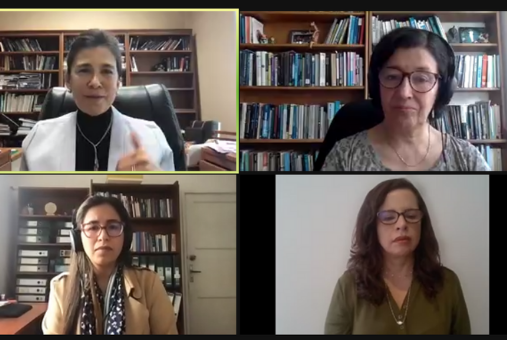
Journalists who become targets in polarized societies must support each other, persevere in doing investigative journalism, and always check the information in their stories, concluded participants in the panel “Polarization: Challenges for Journalists who Become Targets in Polarized Societies,” which was part of the event “Journalism in Times of Polarization and Disinformation in Latin America.”
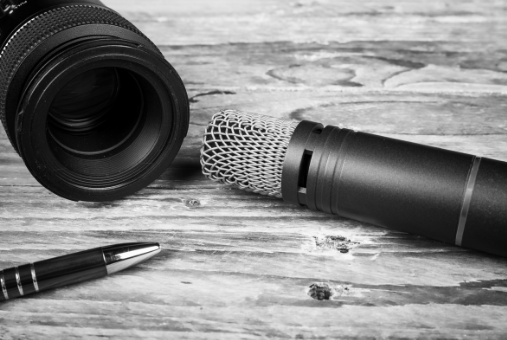
The most recent edition of the Chapultepec Index of Freedom of Expression and the Press, from the Inter-American Press Association (IAPA), recorded an improvement of 4.2 points on average in the 22 countries evaluated on the continent. The more positive overall picture comes with poor results from three of the largest countries in the region, Argentina, Mexico and Brazil, which lost the most points in the ranking.

The GNI Startups Lab Hispanoamérica program was created and launched in mid-2021 by Sembramedia, with the support of Google News Initiative, and its objective is to strengthen the structures and business models of 10 digital native media in Latin America.

Twenty one media outlets from nine countries in Latin America will benefit from US $2 million as part of the Google News Initiative (GNI) Innovation Challenge to improve operations, strengthen business models, create new products and more. “Innovating, essentially, is developing creative and transformative processes and exploring new approaches to change the way an organization […]

Between January and June of 2020, Voces del Sur, a Latin American initiative, registered 630 aggressions against the press in the region. These went on the rise or worsened after governments issued a health emergency.